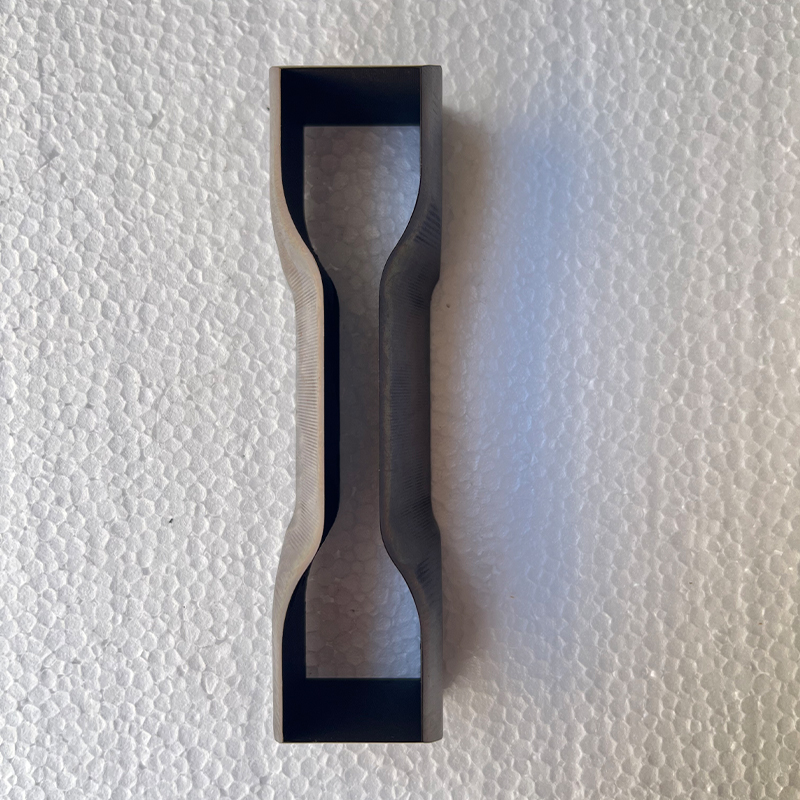high insulation resistance tester factory
High Insulation Resistance Tester Revolutionizing Electrical Safety
In today’s increasingly electrical-dependent world, ensuring the integrity and safety of electrical systems is paramount. One essential tool in achieving this is the high insulation resistance tester, a device designed to measure the resistance of electrical insulation. As technology progresses, the demand for reliable and accurate testing equipment has risen, prompting factories to innovate and enhance their manufacturing processes. This article explores the significance of high insulation resistance testers, their working principles, applications, and the important role factories play in their production.
What is a High Insulation Resistance Tester?
A high insulation resistance tester is an electrical instrument used to assess the effectiveness of insulation in electrical systems. It applies a high voltage (typically between 250V and 5kV) to the insulation while measuring the resulting leakage current. The core of its functionality resides in Ohm’s law, where the insulation resistance is calculated by dividing the applied voltage by the measured current. This measurement provides critical insights into the insulation’s condition, indicating whether it is functioning properly or if deterioration is present.
Importance of Insulation Resistance Testing
The significance of insulation resistance testing cannot be overstated. It is vital for ensuring electrical safety and preventing hazardous conditions such as short circuits or electrical fires. Regular testing helps identify insulation failures before they lead to catastrophic outcomes. Industries such as manufacturing, construction, telecommunications, and utilities often rely on these devices to maintain compliance with safety standards and regulations. Furthermore, high insulation resistance contributes to the overall reliability of electrical systems, prolonging equipment life and reducing maintenance costs.
Applications Across Various Industries
high insulation resistance tester factory

High insulation resistance testers are versatile tools with applications across numerous industries. In the power generation sector, they are used to test generators, transformers, and switchgear. In the telecommunications industry, these testers ensure the integrity of cables and antenna systems. Additionally, in the manufacturing sector, they help maintain the safety of machinery and equipment. The construction industry employs insulation testers to verify the quality of electrical installations in buildings, contributing to safety and operational efficiency.
Innovations in Manufacturing
As the demand for high insulation resistance testers grows, factories are continuously innovating to enhance their products. Modern testers are equipped with advanced features such as automatic test sequences, data logging, and Bluetooth connectivity for remote monitoring and analysis. Factories are focusing on improving design ergonomics to make testers user-friendly and portable. Enhancements in battery technology have also led to the development of testers that can operate for extended periods without needing frequent recharges.
Moreover, the manufacturing process itself is undergoing transformative changes. Factories are leveraging automation and artificial intelligence to improve production efficiency and quality control. These technological advancements allow for the swift production of high-quality insulation testers that meet diverse user requirements.
The Road Ahead
As we move forward, the importance of high insulation resistance testers will only continue to grow. The global push for renewable energy sources and the increasing complexity of electrical systems demand rigorous testing protocols to ensure safety and reliability. Factories that produce these testers must adapt to changing market needs, continually innovating and investing in research and development to stay ahead.
In conclusion, high insulation resistance testers are indispensable tools in the maintenance and safety of electrical systems across various industries. With a focus on innovation, factories are playing a crucial role in producing advanced testers that meet the challenges of modern electrical demands. As technology evolves, these devices will undoubtedly enhance our ability to ensure electrical safety, safeguarding lives and infrastructure around the globe.
-
Why the Conductor Resistance Constant Temperature Measurement Machine Redefines Precision
NewsJun.20,2025
-
Reliable Testing Starts Here: Why the High Insulation Resistance Measuring Instrument Is a Must-Have
NewsJun.20,2025
-
Flexible Cable Flexing Test Equipment: The Precision Standard for Cable Durability and Performance Testing
NewsJun.20,2025
-
Digital Measurement Projector: Precision Visualization for Modern Manufacturing
NewsJun.20,2025
-
Computer Control Electronic Tensile Tester: Precision and Power for the Modern Metal Industry
NewsJun.20,2025
-
Cable Spark Tester: Your Ultimate Insulation Assurance for Wire and Cable Testing
NewsJun.20,2025
 Copyright © 2025 Hebei Fangyuan Instrument & Equipment Co.,Ltd. All Rights Reserved. Sitemap | Privacy Policy
Copyright © 2025 Hebei Fangyuan Instrument & Equipment Co.,Ltd. All Rights Reserved. Sitemap | Privacy Policy
